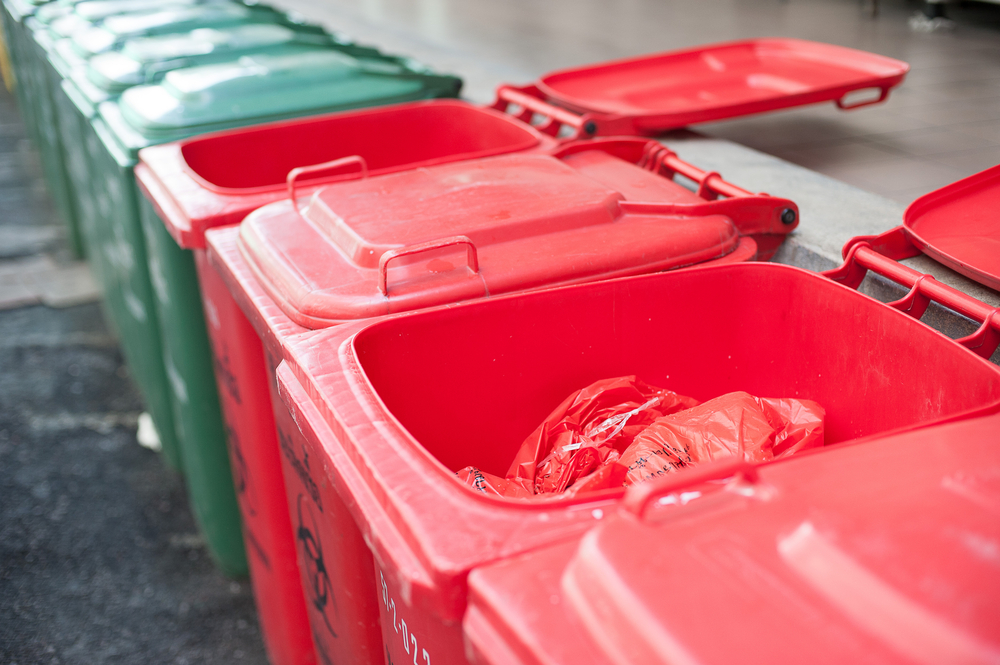Overpaying for Medical Waste? – When it comes to your facility’s medical waste costs – you may be seeing a noticeable increase and wondering how you can keep them in check without sacrificing compliance and safety.
Most businesses today operate within tight budgets and deadlines. We understand – especially during these uncertain times, just how important cost efficiency can be for the bottom line. Plus, let’s face it – no one likes overpaying!
When it comes to your facility’s medical waste costs – you may be seeing a noticeable increase and wondering how you can keep them in check without sacrificing compliance and safety.
Even with economic factors contributing to price increases across the board, it’s important to remember that medical waste handling is necessary, but you shouldn’t be overpaying for medical waste to where it leaves you questioning if it’s even worth it.
There are some common mistakes and patterns to easily slip into without realizing it usually that could be attributing to your increased costs thus overpaying for medical waste. Don’t pay more than you need to for medical waste disposal. Here are some of the most common things to check up on and ensure you’re being cost conscious and compliant.
- Are You Properly Segregating Waste?
Did you know that failing to follow the proper protocols for separating the waste you generate at your facility can be a main source of the price increases you’re realizing? First it can lead to fines but it can also leave you unorganized and inefficient which means you’ll be calling for more waste pickups than you really need. Simple steps like keeping red bag waste where it should be and not mixing expired medications in with other waste are all important. If your staff is unsure of all the rules, a refresher training course could be well worth the investment.
- Are DOT Guidelines Being Met?
In addition to waste segregation rules, there are also rules for how waste is transported from your location to the disposal destination. These DIT guidelines for medical waste transport need to be followed to a T. Failing to do so will leave violations and fines that increase your spending for handling medical waste. Some examples of these problems include improper labeling of containers containing waste as well as incomplete paperwork for the waste that’s being transported.
- Are You Using a Sharps Program?
While you’re checking to ensure you’re meeting segregation and transport guidelines, don’t forget that storage of waste is a critical factor for safety and compliance. In particular, one of th biggest problems in medical waste is the disposal of sharps. These items need to be tossed into a puncture-proof bin and should never be put in with regular refuse. Every time this happens, the risk of additional fines are added to your costs.
If you’re still unsure whether or not you’re overpaying or could be saving more, reach out to the knowledgeable team at MedXwaste for personalized advice from a reputable company that actually services your area and understands the full picture to keep you compliant and running cost efficiently.
You Might Also Like:
- It’s Flu Season: Waste Management Solutions for Vaccines
- What Happens to Medical Waste When It Leaves Your Facility
- What is Cradle to Grave Processing?

Service Areas: Long Island Medical Waste; New York City Medical Waste; Westchester Medical Waste and more!

